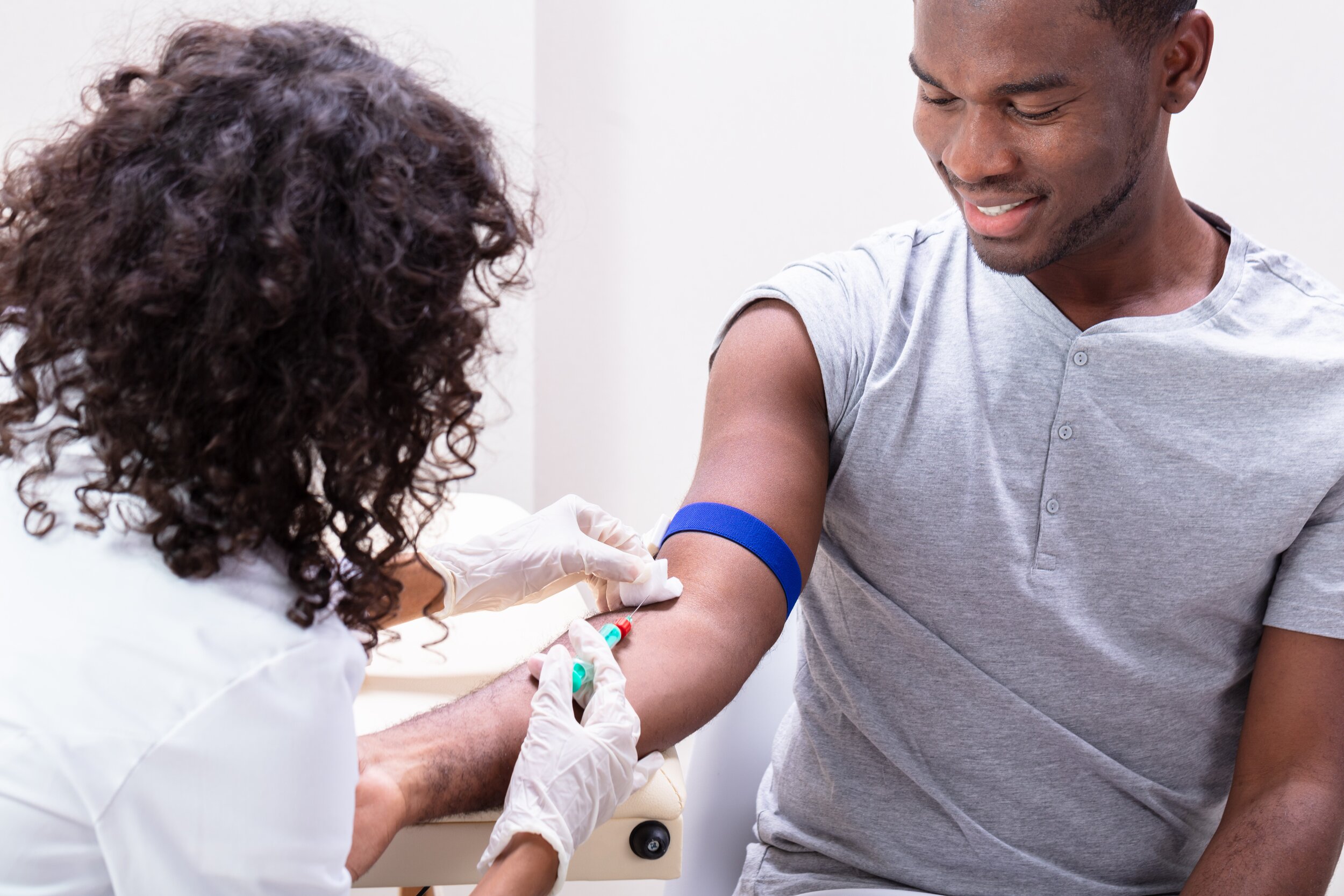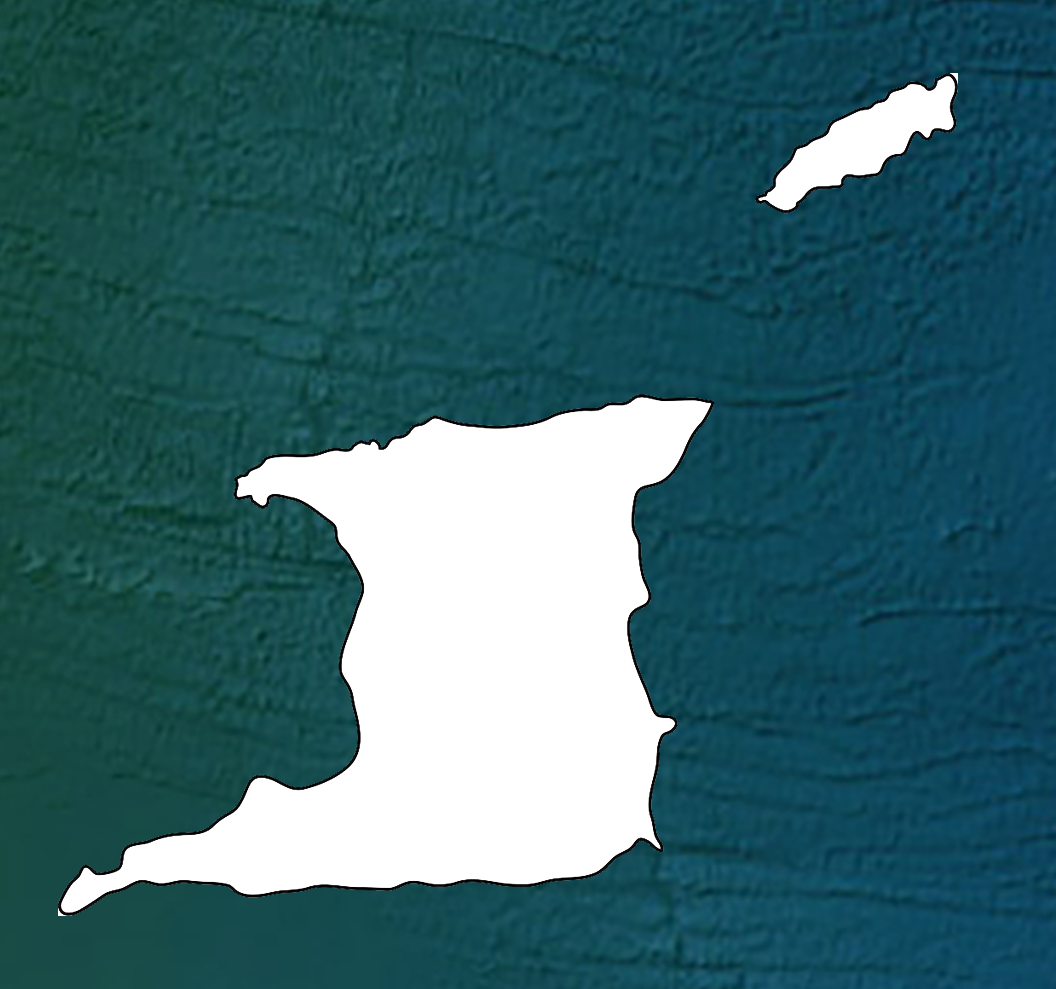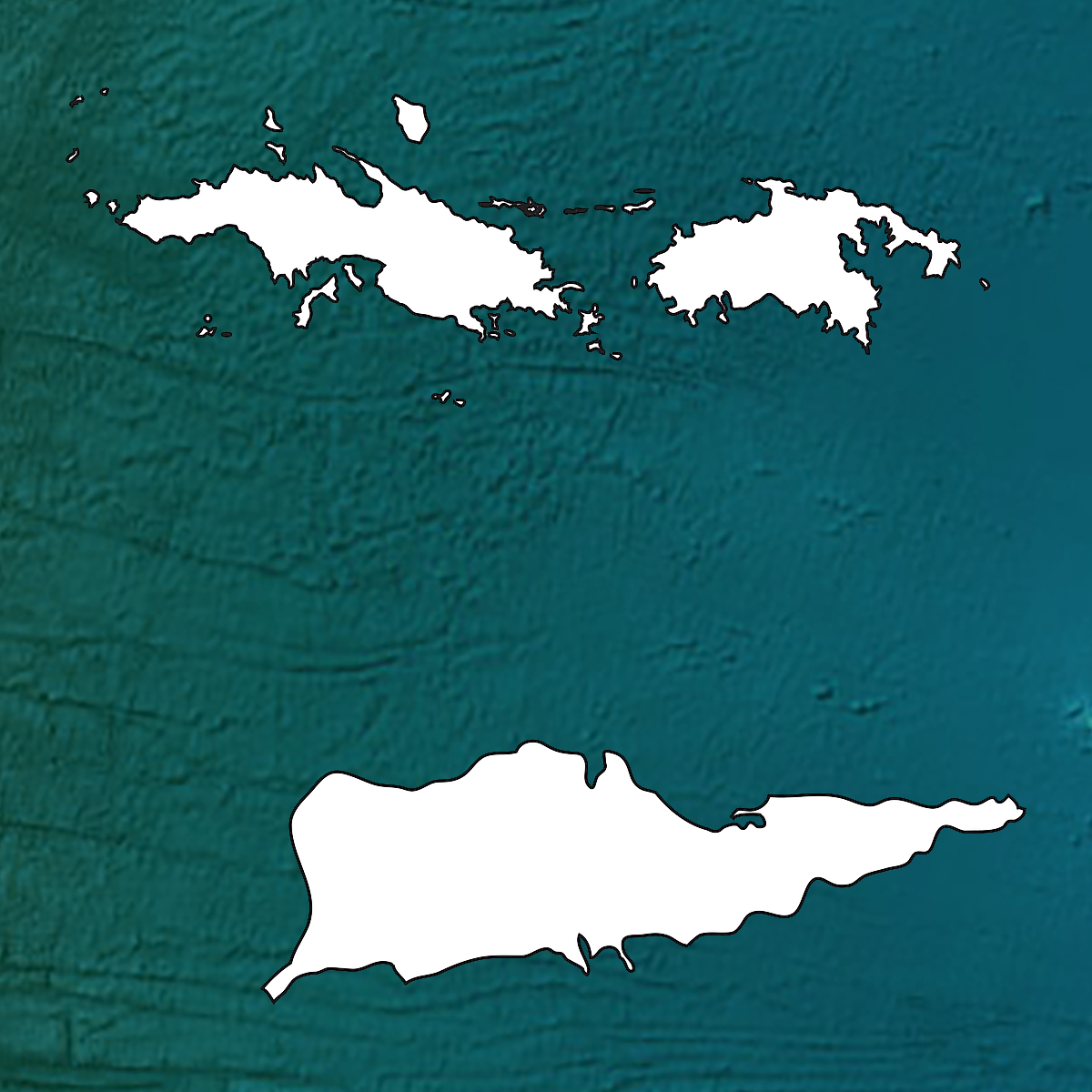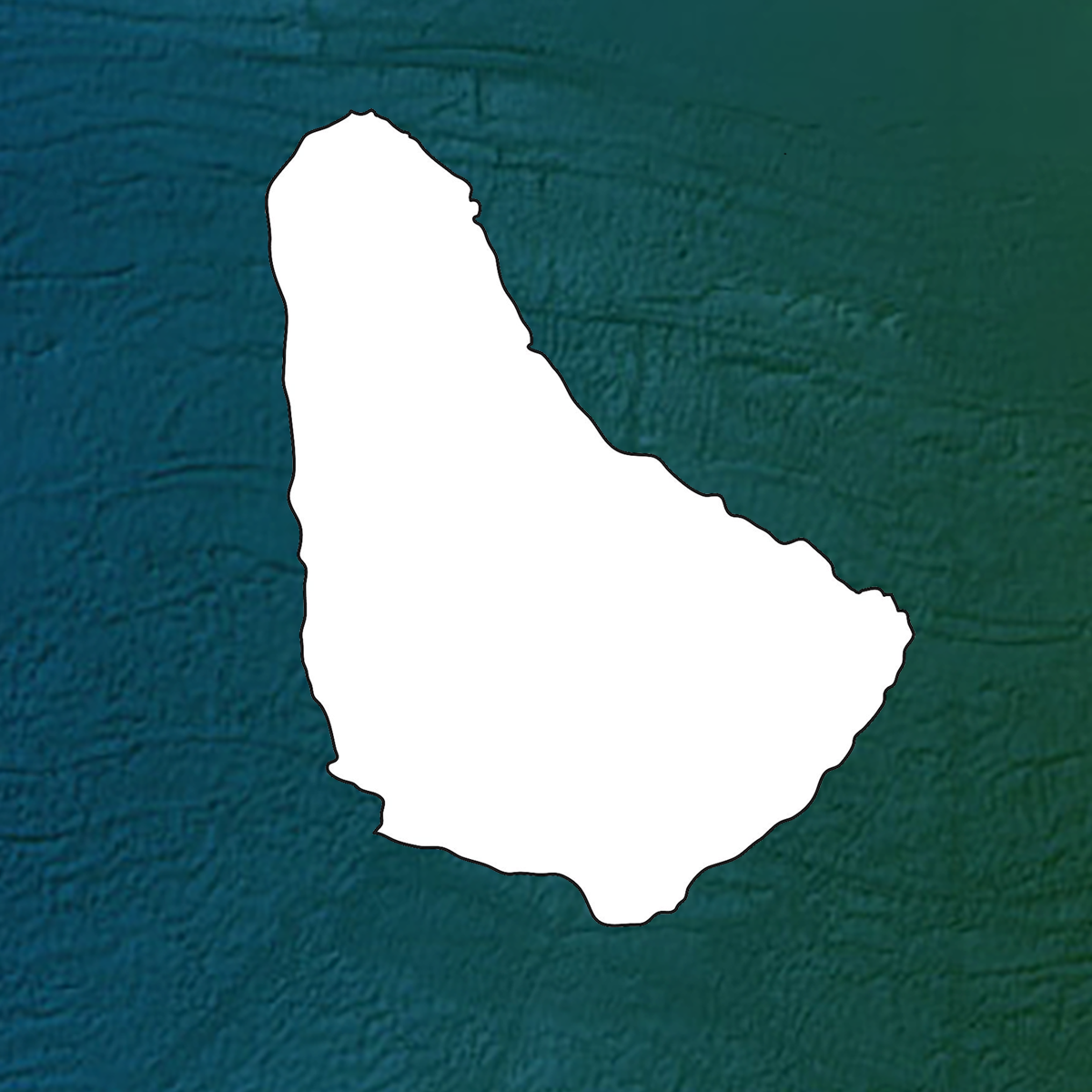Welcome to ECHORN
The Eastern Caribbean Health Outcomes Research Network
Improving Health in the Eastern Caribbean
ECHORN is a first-of-its-kind regional research network that generates action-oriented research on chronic disease. The program supports policy translation and community engagement to reduce the burden of non-communicable diseases in the region.
OUR RESEARCH
The ECHORN Cohort Study (ECS) follows 3,000 adults in Puerto Rico, the US Virgin Islands, Trinidad and Tobago, and Barbados over time to examine risk and protective factors for the development of chronic disease. The cohort began in 2013 and our first wave of follow-up is ongoing.
The ECHORN Cohort Study is now the first intergenerational cohort in the region focused on chronic disease outcomes. We are currently enrolling the children and grandchildren of ECS participants. Children must be between 5 and 17 years of age, live on-island, and have no plans to relocate in the next 5 years. For more information about the Pediatric ECHORN Cohort Study click here.
Our research on chronic disease in the Eastern Caribbean region continues to expand. We have ongoing studies looking at specific chronic diseases like hypertension and diabetes and equitable access to COVID-19 testing in the U.S. territories of Puerto Rico and the U.S. Virgin Islands. All of our research is conducted at our sites in the Eastern Caribbean.
OUR NETWORK
Our research infrastructure enables collaboration, knowledge-sharing, and training. Our consortium is a network of stakeholders including more than 30 Caribbean health, policy, and community organizations who work together to address the increasing burden of non-communicable diseases in the Caribbean.
Training opportunities through our network include a virtual curriculum, learning exchange workshops, mentorship for junior research faculty, fellowships, and symposia.
Who We Are
The ECHORN network includes four island site teams, a coordinating center located at Yale University, and a steering committee. A faculty advisory board and community advisory board serve as resources to the network. Site teams recruit participants and gather study data. The teams include a site principal investigator, a junior faculty member, a project manager, research assistants, and a clinical research nurse. Site teams may also include a community outreach officer.
Leaders
Principal Investigator, ECHORN; Chair, Steering Committee, ECHORN; Associate Professor, Yale University, Schools of Medicine and Public Health
Principal Investigator, ECHORN: Barbados; Dean of the Faculty of Medical Sciences, University of the West Indies, Cave Hill
Maxine Nunez, DPH, MSN, CNE, RN
Principal Investigator, ECHORN: U.S. Virgin Islands; Professor of Nursing, University of the Virgin Islands, School of Nursing .
Cruz Nazario-Delgado, PhD
Principal Investigator, ECHORN: Puerto Rico; Professor of Epidemiology, University of Puerto Rico, Graduate School of Public Health
Principal Investigator, ECHORN: Trinidad & Tobago; Lecturer, Faculty of Medical Sciences, University of the West Indies, St. Augustine
Director, ECHORN Data Access and Scientific Review Committee (DASR); Associate Research Scientist, Yale University, School of Medicine
LaVerne E. Ragster, PhD
Governing Board Co-Chair, President Emerita of the University of the Virgin Islands
Sir Trevor Hassell, KA, GCM, MBBS, FRCP, FACC
Governing Board Co-Chair; President of the Healthy Caribbean Coalition; Government of Barbados Special Envoy on NCDs; Chairman of the Barbados National NCD Commission
Funding Sources
ECHORN is funded by grants from the National Institute for Minority Health and Health Disparities (#U54MD010711, #U54MD010711-05SI, #U24MD006938) and the National Heart, Lung, and Blood Institute (#R01HL143785).
The National Institute for Minority Health and Health Disparities envisions an America in which all populations will have an equal opportunity to live long, healthy, and productive lives. To accomplish this, NIMHD raises national awareness about the prevalence and impact of health disparities and disseminates effective individual-, community-, and population-level interventions to reduce and encourage elimination of health disparities.
The National Institute for Minority Health and Health Disparities envisions an America in which all populations will have an equal opportunity to live long, healthy, and productive lives. To accomplish this, NIMHD raises national awareness about the prevalence and impact of health disparities and disseminates effective individual-, community-, and population-level interventions to reduce and encourage elimination of health disparities.


















